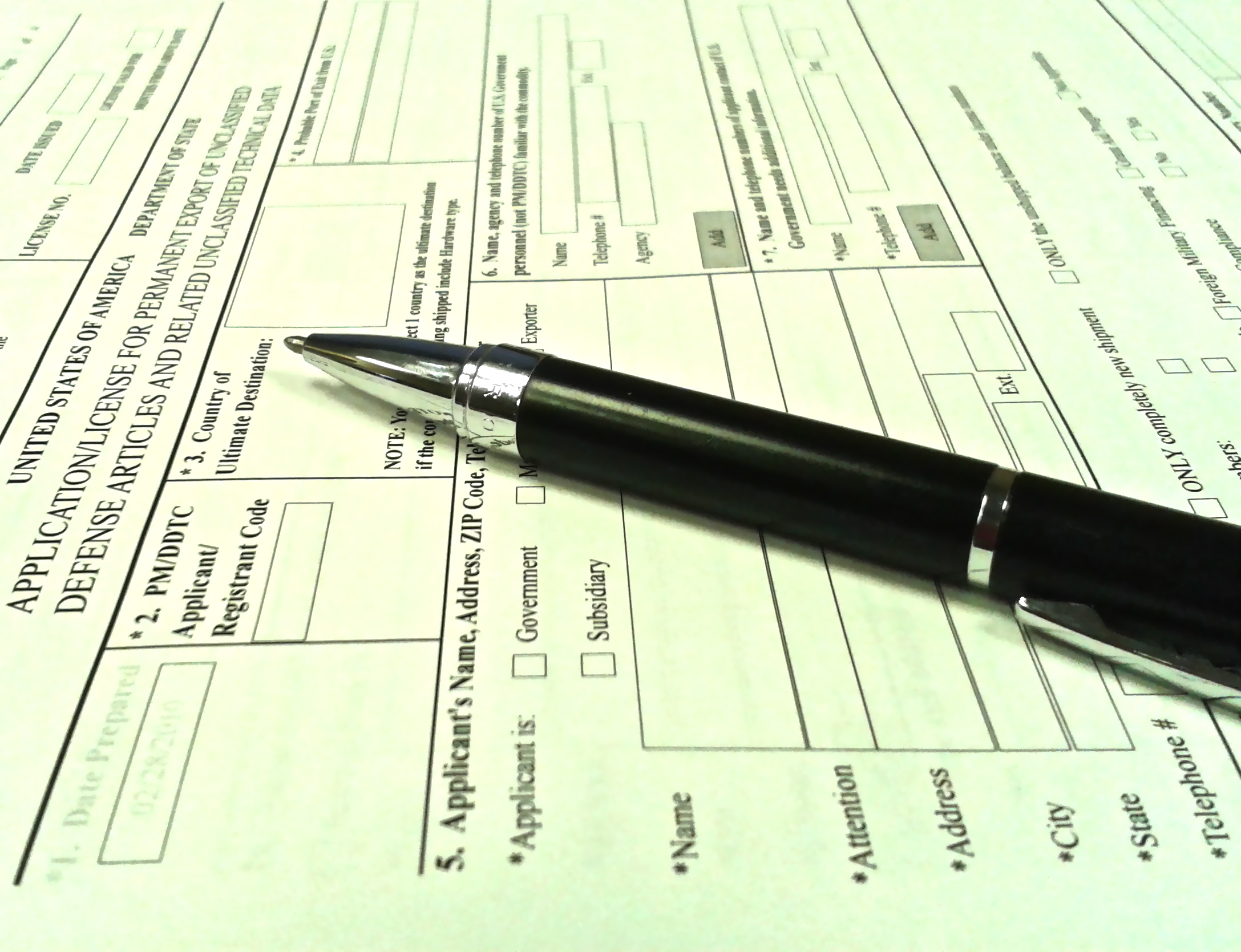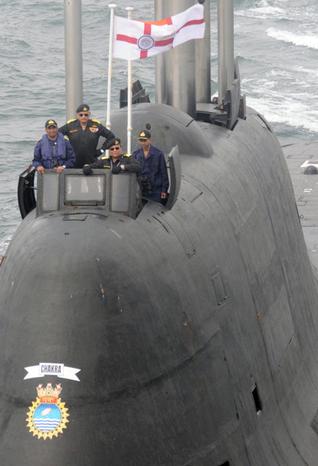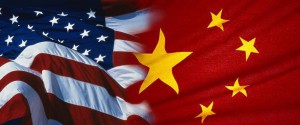As stated in previous articles, the defense industry is rigorously governed by various defense trade controls; in the United States, specifically by the International Traffic in Arms Regulations (ITAR), which is administered by the US Department of State (DoS). While the ITAR principally governs US defense exporters, it also affects Canadian companies that conduct defense transactions with the US. Within the multifaceted architecture of the US-Canada security alliance, Canada maintains its own defense trade controls regime parallel to the ITAR, meant to regulate the export of defense technologies from Canada to foreign end-users.
The ITAR has recently undergone a profound change, characterized by the devolution of export control and permit authority for several US defense technologies to alternative sets of regulations. This means that US defense companies can now forego cumbersome ITAR export restrictions when bidding on foreign contracts for certain defense technologies.
Contrastingly, Canada’s defense trade controls regime has not evolved to mirror changes in the ITAR policy. Canada still maintains rigorous export restrictions on defense technologies, which puts Canadian defense exporters at a severe competitive disadvantage when bidding for foreign defense contracts.
Relaxed US Export Controls
On October 15 2013, as part of President Obama’s Export Controls Reform initiative, export control for certain defense technologies listed under the ITAR United States Munitions List (USML), was transferred to the generally less stringent Export Administration Regulations (EAR) Commerce Control List (CCL). Specifically, USML Categories VIII (Aircraft), XIX (Gas Turbine Engines), XVII (Classified Defense Articles), and XXI (Miscellaneous Articles) were transferred to the CCL. This reform signals a transfer of export control from the DoS, which administers the ITAR, to the US Department of Commerce, which administers the EAR.
[captionpix align=”left” theme=”elegant” width=”300″ imgsrc=”http://natoassociation.ca/wp-content/uploads/2014/03/Screen-shot-2014-02-26-at-3.09.13-PM.png”]
This reform is meant to address bureaucratic and logistical challenges inherent in the US’ longstanding ITAR export controls regime, which failed to prioritize controls between end-items, such as complete fighter aircraft for example, and their component parts. Treating end-items and components as essentially identical USML items resulted in a disproportionate focus given to insignificant component items rather than more sensitive ones when processing defense exports. By transferring export control to the CCL US defense exporters will benefit from a more streamlined export-licensing framework governing the above-mentioned categories of defense technology.
Canadian Export Controls
Canada administers its own defense controls regime through the Controlled Goods Directorate (CGD), while export authority rests with the Department of Foreign Affairs, Trade and Development (DFATD).
The CGD administers the Controlled Goods Program (CGP), which is a domestic industrial security program that regulates access, examination, and possession of defense materiel and technical data classified as “controlled goods” by Canadian defense industry personnel. The official definitions of controlled goods are contained in the Controlled Goods Schedule, although they generally consist of defense components, subsystems and end-items. In order for Canadian defense companies to engage in activities such as research and development, production, and testing and evaluation of technologies listed in the Controlled Goods Schedule, they must first register with the CGD.
[captionpix align=”left” theme=”elegant” width=”300″ imgsrc=”http://natoassociation.ca/wp-content/uploads/2014/03/ITAR_compliant1.jpg”]
The exportation of controlled goods from Canada is specifically regulated by DFATD. DFATD maintains an Export Controls List (ECL), which corresponds to the Controlled Good Schedule. Items contained in the ECL require export authorization from DFATD. Thus, in order to qualify for authorization to export controlled goods from Canada, which may be for the purpose of fulfilling foreign defense contract obligations, Canadian defense companies are necessarily required to register with the CGD.
Economic Implications for Canada
The ITAR and the CGP have operated in near concordance for many decades. However, the recent transfer of USML items to the CCL means that the list of items contained in Canada’s Controlled Goods Schedule is now broader than the USML. US regulation of specified defense technology has suddenly become less stringent in relation to Canada’s regime, permitting US defense exporters to forego complex ITAR export bureaucracy when bidding on foreign defense contracts.
Conversely, relative to their US counterparts, Canadian defense companies must contend with heavier administrative burdens to bid for the same foreign contracts. In addition, Canadian companies not yet registered or still in the process of registering with the CGD face a lengthy bureaucratic registration process prior to qualifying for DFATD export authorization, the latter quite a bureaucratic adventure in itself. Cognizant of the institutional limitations imposed by the CGD, many Canadian companies are avoiding production of defense materiel altogether. This is already resulting in forfeited defense contracts and other missed economic opportunities for Canadian companies, and erodes Canada’s overall economic performance.




